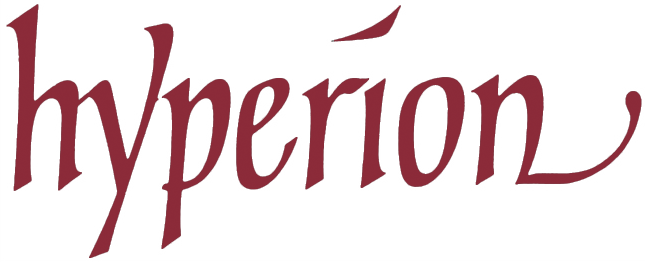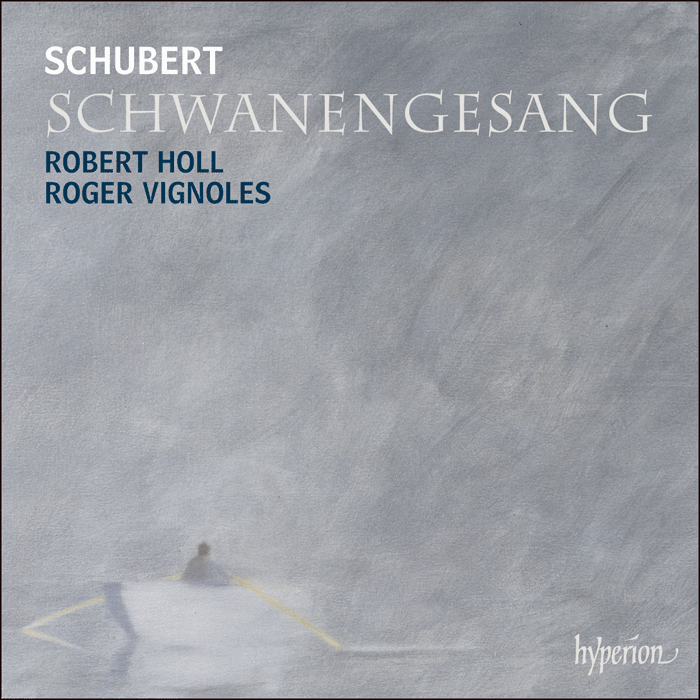Schubert: Schwanengesang
Robert Holl (bass-baritone), Roger Vignoles (piano)
CDA67657
The Dutch bass-baritone Robert Holl is one of the great Lieder singers of our time. A recent review of a recital from The Times illustrates his extroardinary technique and mesmerising power: ’Dutch baritone Robert Holl delivered a Schubert programme with such natural force and passion that resistance was impossible … Holl’s huge presence, and huge, dark voice can transform itself at will into the lightest breath of spring, rising into a hushed head-voice with total ease, or fining itself down to recreate the vision of a wakeful gondolier and a sleeping Serenissima.’
In Holl’s first recording for Hyperion, he brings his tremendous artistry to Schubert’s last song-cycle.
The songs in Schwanengesang were described by Schubert’s publisher Haslinger as ‘the final blooms of Schubert’s creative muse’. Schwanengesang contains some of Schubert’s greatest works. It tells no particular story, but the two sets of songs are linked by their poetic themes—nature, love and separation in the case of the settings of Rellstab, bitterness, loss and despair in the case of Heine.
This recording includes two further songs. The first, Herbst, though also to a text by by Rellstab, did not appear in Schwanengesang, and the manuscript was not discovered until the 1890s. A highly atmospheric nature-piece, its texture anticipates Mendelssohn’s songs on a similar theme, with its tremolando right hand and sinuous, fateful left-hand melody. The other extra is Der Winterabend from 1828. The poem by Leitner creates the image of a contented man, contemplating not just the winter evening, but by implication also his approaching death (the silvery moonlight is a symbolic pall cast over the objects of his life). In his extensive booklet notes, Roger Vignoles writes that ‘If one wants to know how Schubert felt about his own mortality, it is worth noting the loving care he bestowed on this song. Every turn of phrase, every modulation is perfectly judged, as in the hushed sidestep (through a major third, his favourite interval) that announces the entry of the moonlight into the poet’s chamber’.

